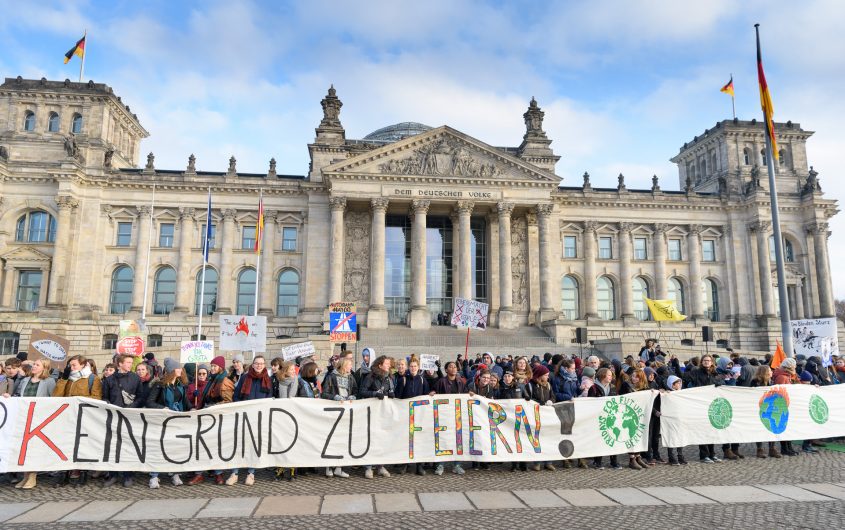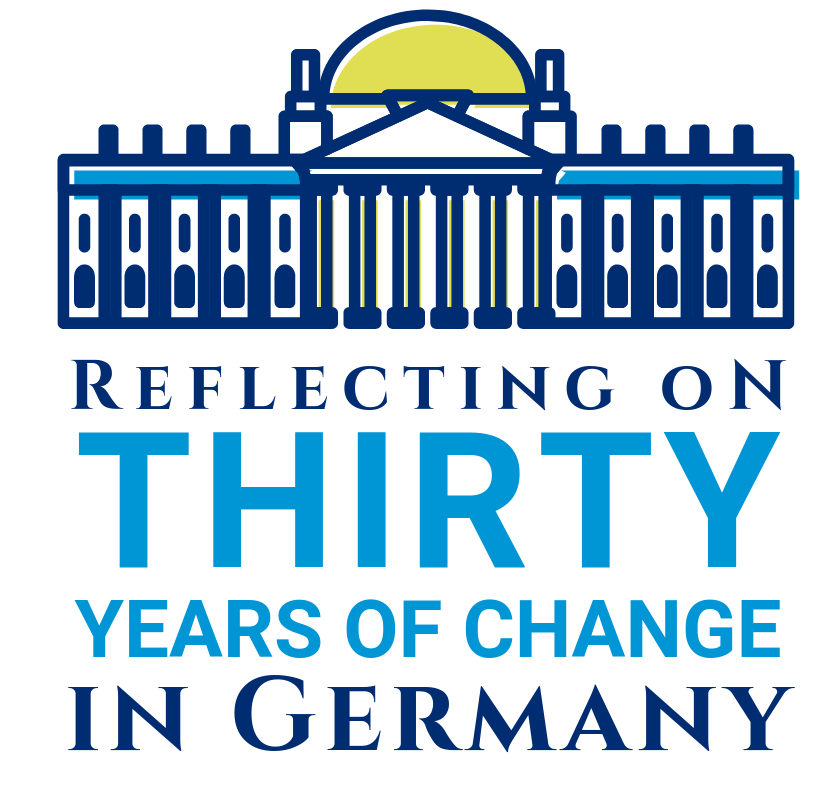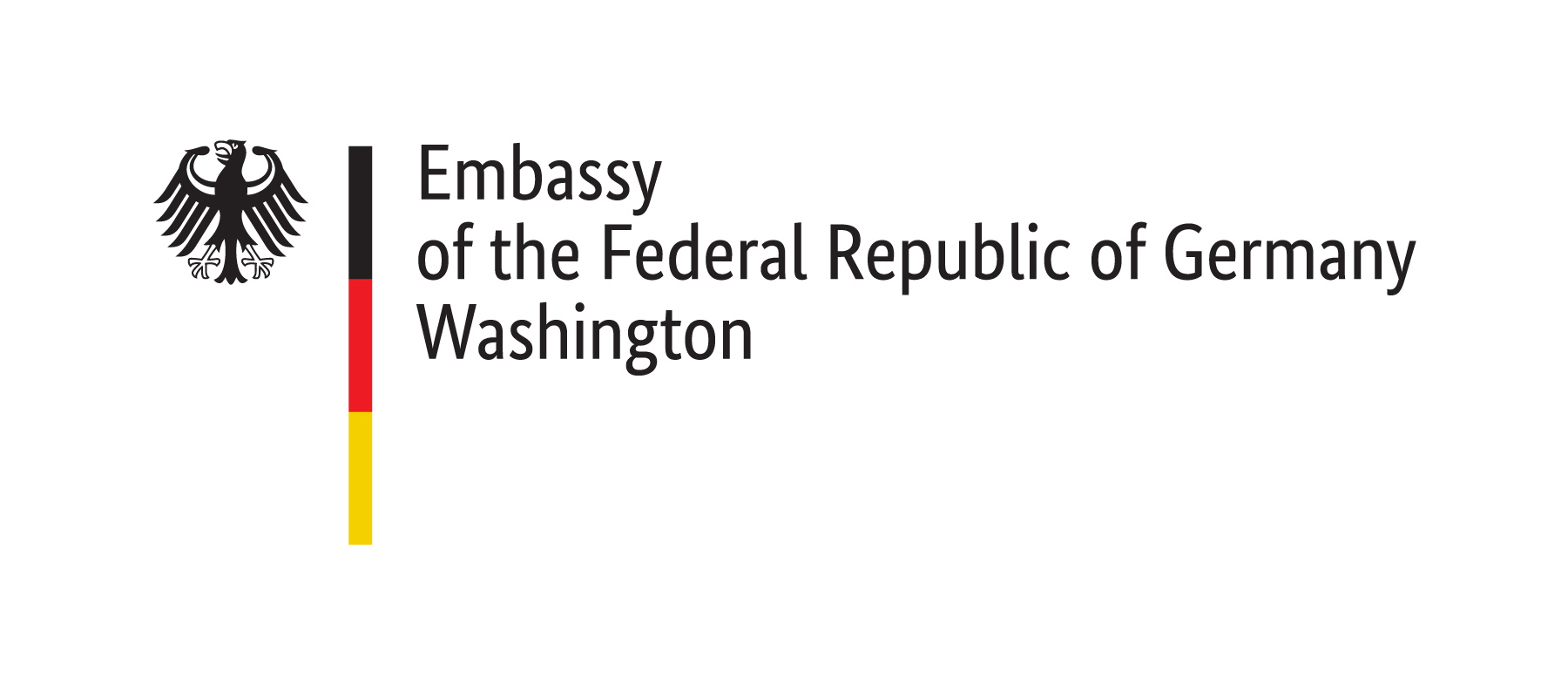
Stefan Müller via Flickr
Climate Policy since Reunification
Domestic and International Dimensions
 In this webinar, Sonja Thielges and Charlotte Unger of the Institute for Advanced Sustainability Studies (IASS) will assess Germany’s role as a climate policy frontrunner. How has German climate policy developed since unification in 1990? How has Germany engaged in climate diplomacy and influenced international work in this arena? The webinar will look back at some policy milestones, look at Germany in the EU context, and examine recent results of Germany’s national and international approach.
In this webinar, Sonja Thielges and Charlotte Unger of the Institute for Advanced Sustainability Studies (IASS) will assess Germany’s role as a climate policy frontrunner. How has German climate policy developed since unification in 1990? How has Germany engaged in climate diplomacy and influenced international work in this arena? The webinar will look back at some policy milestones, look at Germany in the EU context, and examine recent results of Germany’s national and international approach.
Sonja Thielges joined the IASS as a research associate in August 2016. Her work in the Pathways to Sustainable Energy project focuses on the global energy transition. Her research interests include the G20 energy agenda, the international dimension of the energy transition, as well as U.S. energy and climate policy. Before coming to the IASS, Sonja was a member of the Americas Division at the German Institute for International and Security Affairs (SWP), where her research focused on U.S. climate and energy policy. She also worked on projects at the Environmental Policy Research Centre (FFU), the Institut für Europäische Politik (IEP) Berlin, and the Centre International de Formation Européenne (CIFE). Sonja completed an M.A. in North American Studies, Political Science and Modern History at the Freie Universität Berlin and Indiana University Bloomington. She completed her dissertation “Constructing Climate Change in the U.S. Rust Belt. Political Discourse, the Media and Climate Policy Frames in Michigan and Indiana” at the John F. Kennedy Institute for North American Studies of Freie Universität Berlin. She did field research for her dissertation as a DAAD-funded visiting researcher at the University of Michigan in Ann Arbor as well as in Washington, D.C.
Charlotte Unger joined the IASS in 2017 and forms part of the project “Climate Action in National and International Processes (ClimAct)” in 2017. ClimAct investigates how scientific expertise can facilitate climate action, particularly within international forums such as the United Nations Framework Convention on Climate Change (UNFCCC) and the Climate and Clean Air Coalition (CCAC). Previous to working with the IASS Charlotte has supported the secretariat of the International Carbon Action Partnership (ICAP) on the topic of international emissions trading systems. She has also worked several years as a project manager for the Environmental Action Germany (DUH) on energy efficiency and climate policy and as a research associate with the Technical University Berlin. Charlotte holds a bachelor’s degree in social sciences and a master’s degree in public and private environmental management. She is affiliated to the Technical University Munich School of Governance, writing her dissertation on the linking of regional emissions trading systems.
This webinar is supported by the German Embassy Washington.








